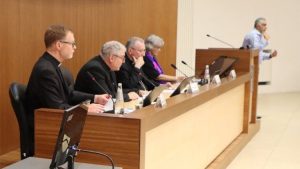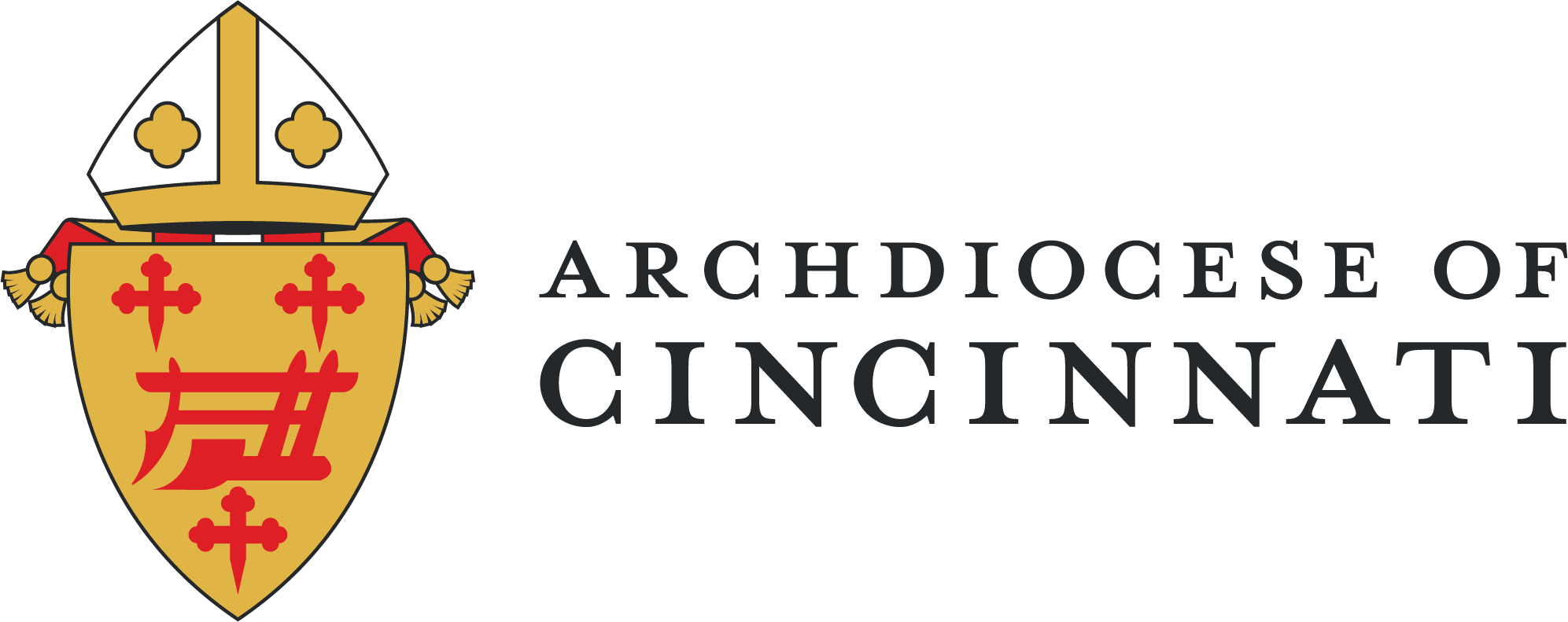 Communities vary from one another. Most often, we talk about the Christian communities, the Jewish, the Muslim, and the hearing communities, to mention but a few. We also mention the disabled communities, from where we have the Deaf, the blind, the autistic communities, etc. All these communities share something in common. For example, in the Deaf community, the Deaf share a common culture called “Deaf Culture” or the “Deaf World”. Other communities also have their respective similarities. Although these communities differ from one another, their respective “modus operandi” are also similar to one another. When well understood, recognized, interacted with, integrated, and accepted by the hearing communities, there is a total relief among them.
Communities vary from one another. Most often, we talk about the Christian communities, the Jewish, the Muslim, and the hearing communities, to mention but a few. We also mention the disabled communities, from where we have the Deaf, the blind, the autistic communities, etc. All these communities share something in common. For example, in the Deaf community, the Deaf share a common culture called “Deaf Culture” or the “Deaf World”. Other communities also have their respective similarities. Although these communities differ from one another, their respective “modus operandi” are also similar to one another. When well understood, recognized, interacted with, integrated, and accepted by the hearing communities, there is a total relief among them.
However, close contact with these communities shows the kind of isolation, abuse, and neglect they suffer from the members of their immediate families, relatives, friends, and the hearing communities where they live. In some cases, they are regarded as forgotten communities because their needs are not met and no proper attention is given to them by the church and the state. The question becomes “How do we safeguard these forgotten communities”?
At the just concluded International Conference held at the Pontifical Gregorian University, Rome between the 18th and 21st of June, with the theme “Safeguarding and Disability”, several issues were raised by each speaker during the conference. Concerns regarding child protection, respect for life, discrimination of people with various disabilities, safeguarding the vulnerable in our society, and above all, the integration of people with disabilities in our various hearing communities.
In his opening speech, Cardinal Pietro Parolini (Secretary of State at the Vatican City) noted that about one in five people in the world live with some form of disability. Thus, people with disabilities are more vulnerable to different types of abuse, and physical and psychological violence. Deepening his speech, Cardinal Parolini highlighted that it is the moral responsibility of the people and society to report any abuse inflicted on these vulnerable ones. These moral responsibilities help to destroy the barrier of communication and foster a greater sense of belonging for these vulnerable ones who are often sidelined and excluded in our various societies. He further reminded us of Pope Francis’ prayer intention and invitation in December 2023 to pray that people with disabilities may be at the center of attention in our societies.
Safeguarding the forgotten communities therefore implies that in a society like ours, people with various disabilities must not be isolated, abandoned, must not be put to the margins, and must not be impoverished. Rather, people with disabilities must be loved, recognized, and integrated into our various communities like every other person in our respective families, societies, and churches. Their rights must be respected in such a manner that ours are respected.
Regarding the marginalization and disrespect of people with disabilities, the declaration of the Dicastery for the Doctrine of the Faith, “Dignitas Infinita” on Human Dignity, numbers 53 &54 calls for the inclusion and active participation of people with disabilities in the life of the society and the church. By adhering to this call and putting it into practice, the vulnerable or the forgotten communities will be well safeguarded.

